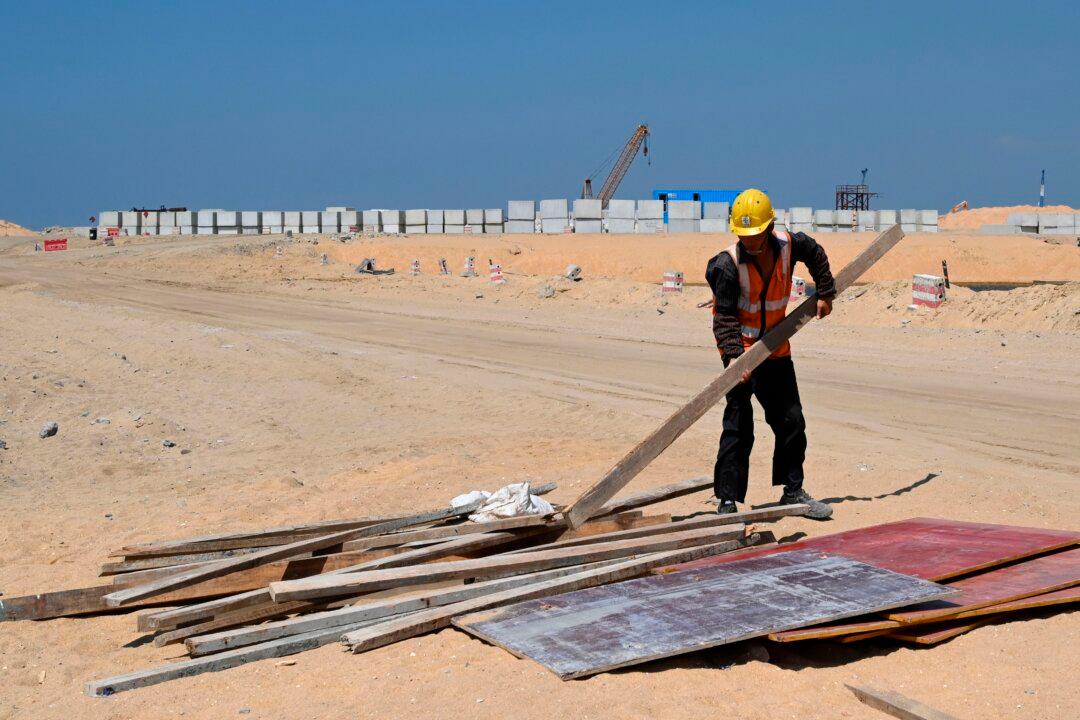Sri Lanka has selected a Chinese firm to construct the second phase of the Colombo Port’s East Container Terminal (ECT), a move that’s likely to alarm other Asian powers, given Beijing’s maritime Silk Road ambitions.
In a Cabinet decision on Nov. 23, Beijing-based China Harbour Engineering Co. (CHEC) was approved by Colombo to develop the strategic port terminal.





